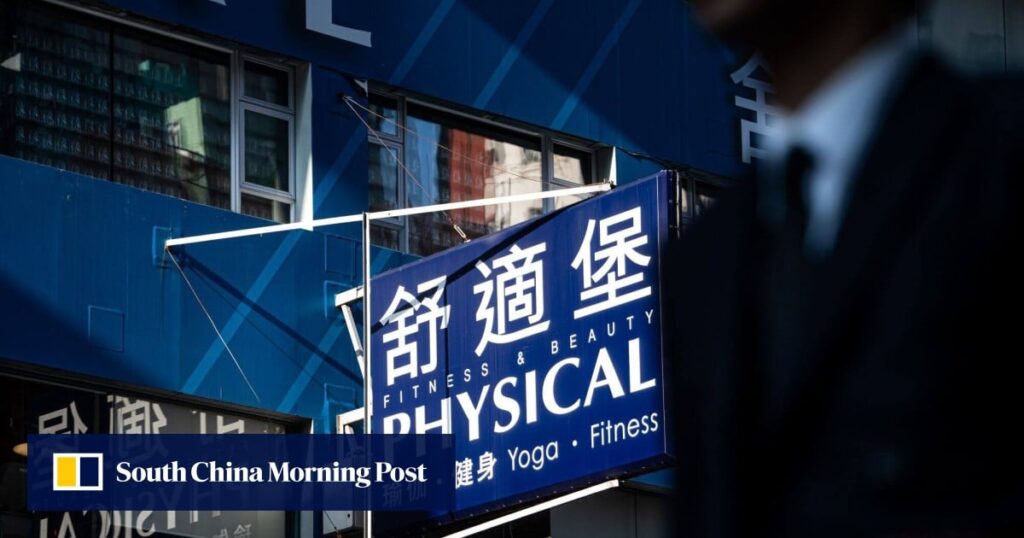Feel strongly about these letters or other aspects of the news? Share your thoughts by emailing Letters to the Editor (email protected) or filling out this Google Form. Submissions cannot exceed 400 words and must include your full name and address, as well as a verification phone number. As of October 4, the Hong Kong Consumer Council had received more than 5,300 complaints against Physical Fitness, with total claims totaling more than HK$190 million (US$24.5 million). It’s been almost a month since the company abruptly closed its fitness centers across the city. Approximately 670 employees are seeking assistance from the Labor Department to recover unpaid wages. The fitness chain also withheld contributions to the compulsory provident fund worth about HK$3 million. Mr. Physical claimed that the reason for the closure was the high rent. Undoubtedly, retail rents in Hong Kong have skyrocketed, leading to the closure of many long-standing businesses. Nevertheless, the branch I frequented as a former member of Physical seemed to be doing pretty well. The gym was busy. In my experience, staff members sometimes push fitness plans aggressively. Some people continued this sales strategy until just before the store closed. Many customers signed up for multi-year membership plans ranging from HK$1,000 to HK$1.8 million. So where did all the money go? Apparently Physical is not using the funds to pay rent or employees. Eight former employees filed a police report on suspicion of unfair trade practices. The trainers said they were offered bonuses to promote more expensive fitness plans in the days before the closure. I applaud their courage in coming forward. When a company is in financial trouble, employees and creditors are usually the first to notice the signs, as they are the first to be affected. Physical’s closure came after the compulsory provident fund authority threatened legal action over non-payment of pension contributions since June. But why did it take three months for Physical’s financial problems to come to light?More consumers could have been protected if the information had been disclosed sooner.
Source link
Letter | Gym closures highlight the need for whistleblower protection
Next Article Is Nicaragua safe for American travelers?

